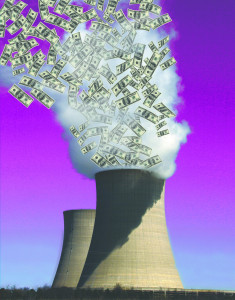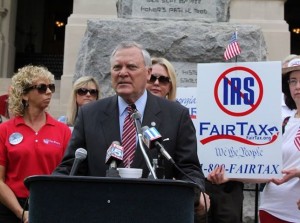b y Gloria Tatum
y Gloria Tatum
8/2/13 (APN) ATLANTA — On July 18, 2013 the Georgia Public Service Commission (PSC) held the first of two scheduled hearings on Georgia Power’s request to pass 381 million dollars in cost overruns, in connection with the construction of two new nuclear reactors at Plant Vogtle, onto ratepayers, in the form of higher electricity bills.
Georgia Power had also asked the PSC to change the certified cost, or budget, to complete the project from 6.11 billion dollars to 6.85 billion dollars, adding another 737 million to the current, or first amended, budget for the new reactors.
The PSC has a second scheduled hearing on August 13 and 14, 2013. The subject of the hearings is who will eventually pay the hundreds of millions in cost overruns: the public; or the company and its shareholders.
Read the whole story: Atlanta Progressive News










